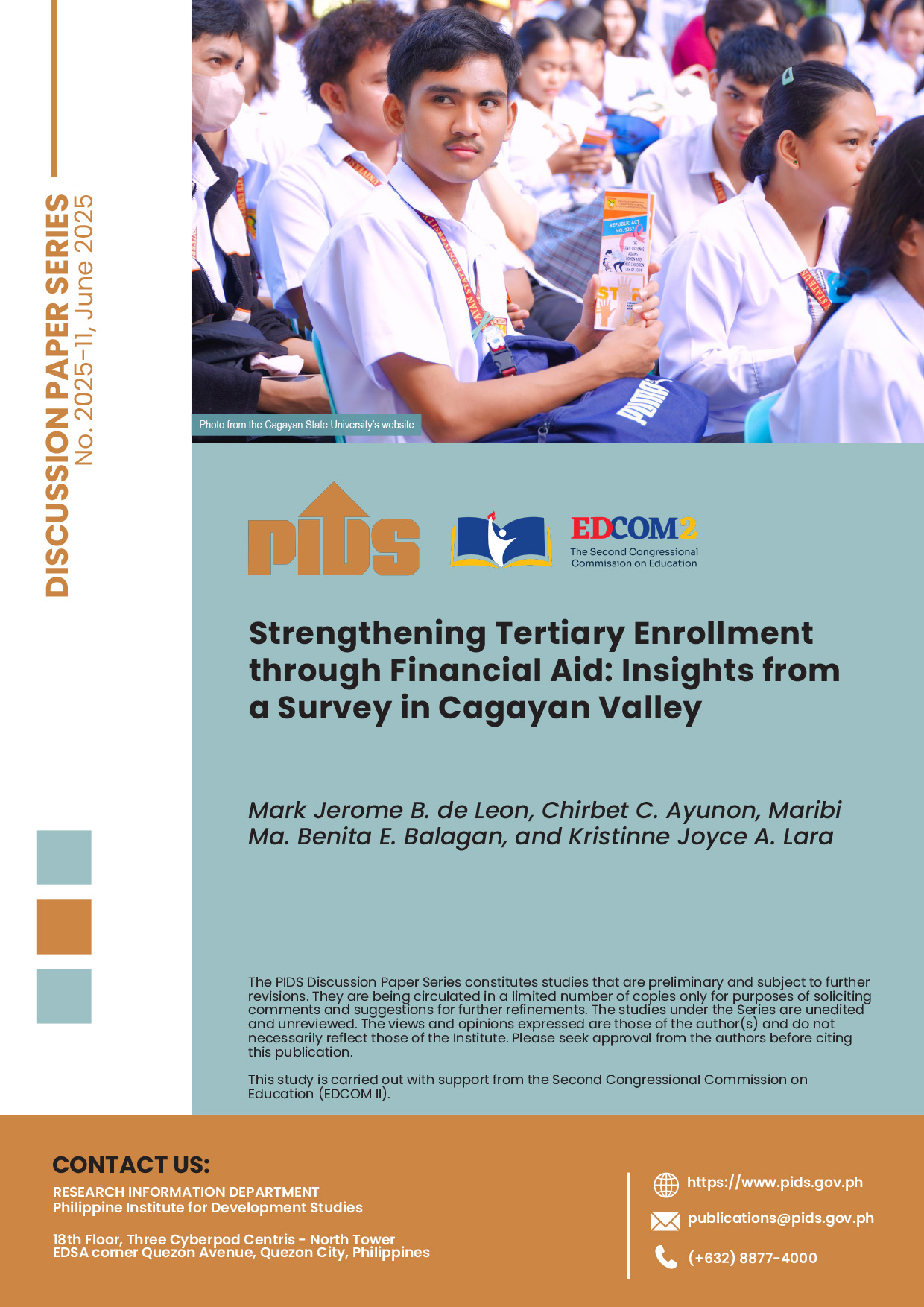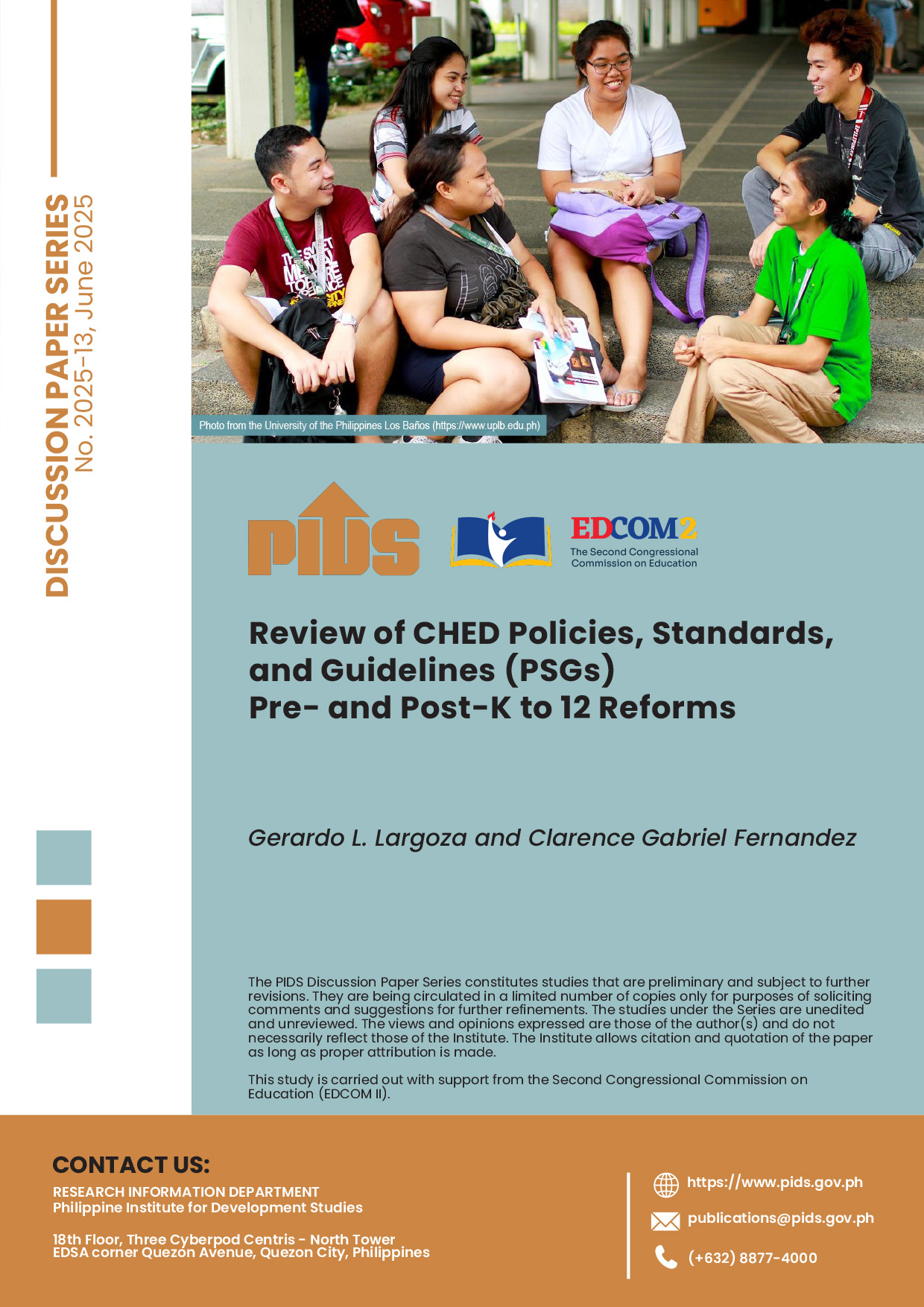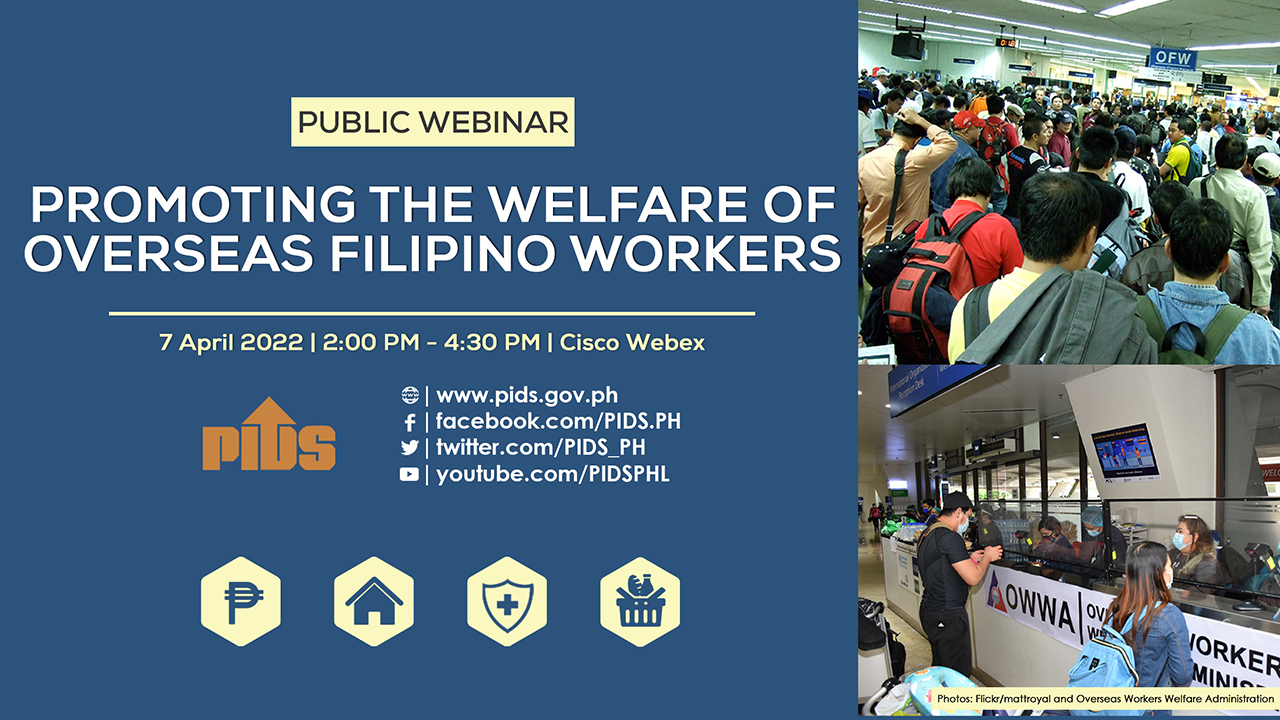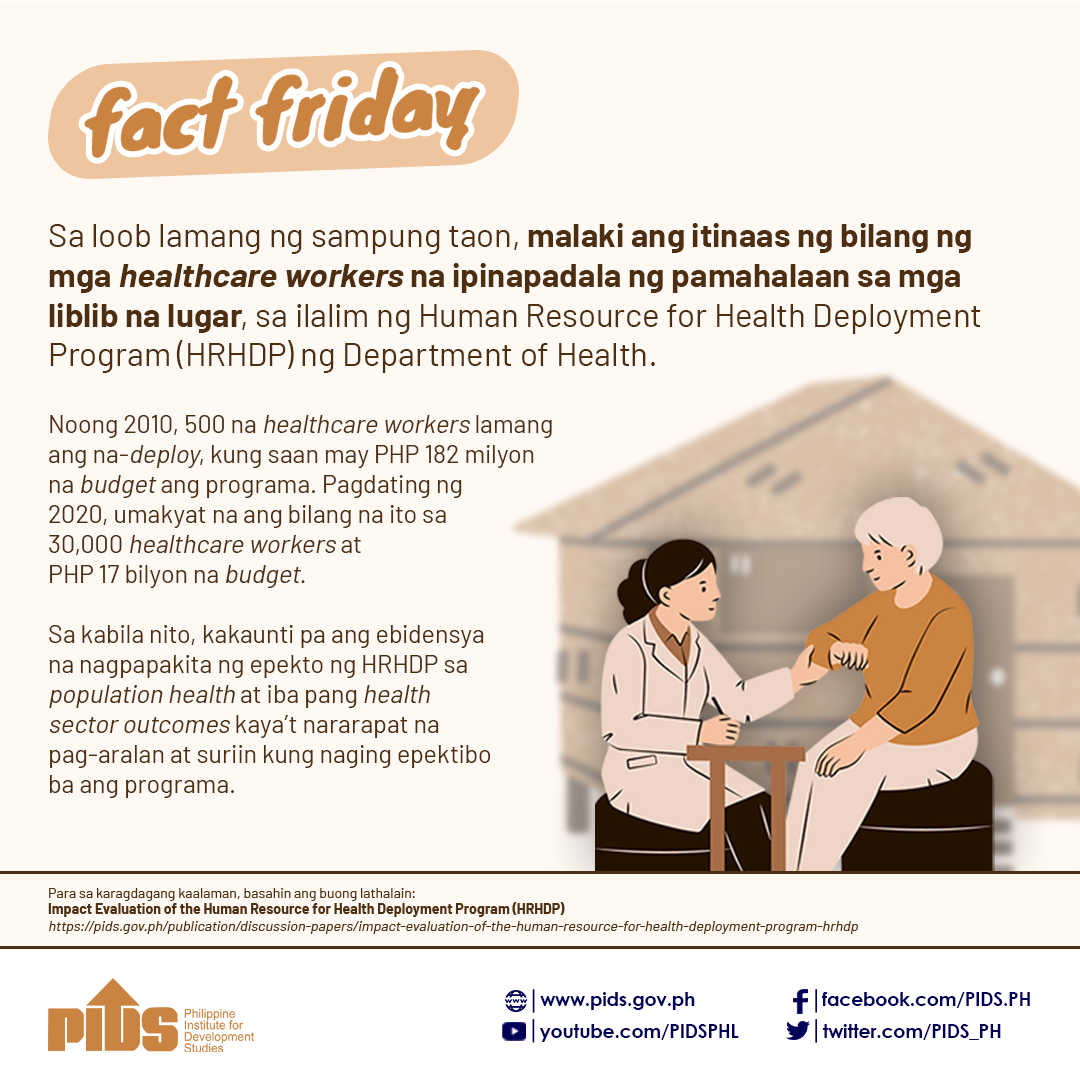“Keyboard warriors,” anonymous aggressive online groups promoting a cause or a government, landed in the news last week.
A Filipino outfit exposed for allegedly contracting with the local Chinese embassy to push pro-China activities was in fact using “mercenary Filipino keyboard warriors.”
Although we are familiar with ex-soldiers working as mercenaries, Filipino civilians doing local mercenary political work for a foreign entity is disturbing. Not only for our national security but also, as some fear, it is indicative of foreign interference in the midterm elections.
Traitorous civilian mercenaries, of course, have to be immediately investigated and, if need be, neutralized.
But there’s the rub — where to start?
While there are inklings of the existence of such a distinct class of workers in the country’s booming “gig economy,” nobody can exactly tell who, how many and where they are.
This is largely because of a lack of accurate data on the “gig economy” workforce.
By and large, the country’s booming online platforms-fueled multi-million “gig economy,” after growing by leaps and bounds during and after the pandemic, is nothing to scoff at.
In fact, the “gig economy” boom has attracted millions of internet-savvy Filipinos.
So much so that nowadays an “invisible” army of freelancers, gig workers, independent contractors, and free agents are doing a variety of jobs, from driving motorcycle taxis to being online trolls.
(Infamous online trolls, by the way, were an earlier phenomenon, having gained traction during the election of former strongman Rodrigo Duterte, whose camp recruited a no-holds-barred online troll army for election work.)
Earnings of this online-dependent army grew in tandem with the boom, with fees rising by 208 percent by 2020, reported the Philippine Institute for Development Studies (PIDS).
Despite the lucrative earnings, gig workers face daunting challenges, which are clearly an appropriate subject for today’s Labor Day.
“We have laws that protect the interests of traditional employees,” said the PIDS report, “but not anything comprehensively addressing the unique needs and vulnerabilities of our gig workers.”
Since there have been no dramatic changes in the government’s regulations to extend labor protection to local gig workers, they are still left out of the traditional social protection systems such as unemployment benefits, sick pay and pensions.
This, even if the government is trying to extend protections by convincing gig workers to independently contribute to the government’s welfare institutions like the SSS and PhilHealth.
Gig workers really are susceptible to risk and exploitation, employment insecurity and social isolation, said the PIDS, despite many of them enjoying flexible work.
Their lack of standardized pay and social protections leaves them, for instance, vulnerable to overwork and low wages.
There are also classification problems on who really constitute gig workers, needing government clarifications, amendments and re-classifications.
PIDS said under the government’s employment descriptions only those gig workers self-identifying as “self-employed, an employee, or an entrepreneur” are eligible for Pag-IBIG, SSS and PhilHealth coverage.
On another pressing issue, if gig workers have work issues there are no dispute mechanisms typically available to those with employer-employee relationships, leaving gig workers without recourse.
Generally, however, while the government needs to properly respond to the gig workers’ plight and their basic labor rights, the government must avoid “one-size-fits-all” policies.
Such sweeping policies may not be able to capture all the relevant and nuanced issues involving the wide variety of gig workers, each with their own specific issues.
So, whatever policies might fit the trolling industry or the “mercenary keyboard warrior” may wreak unpredictable havoc on other gig workers legitimately trying to earn an honest living in this harsh digital era.












